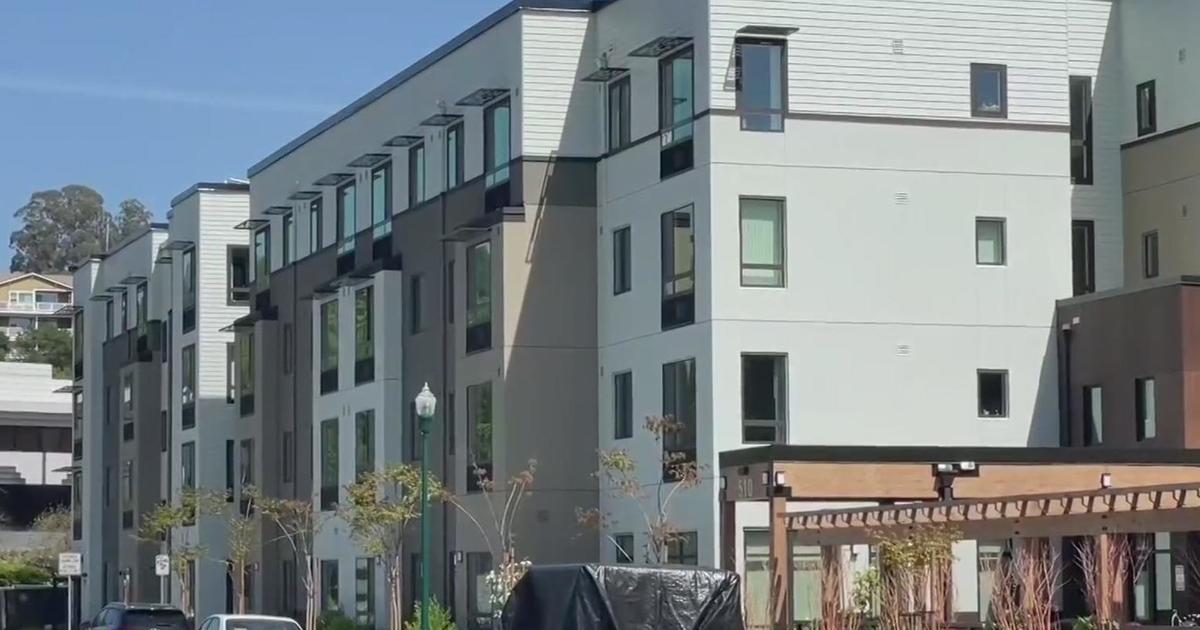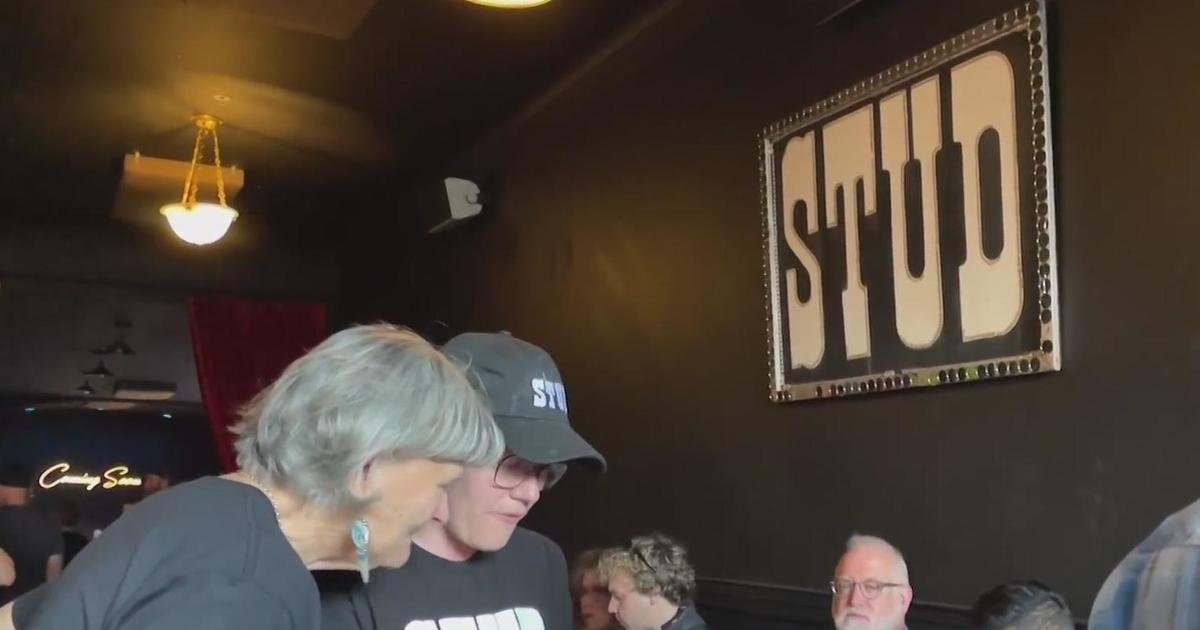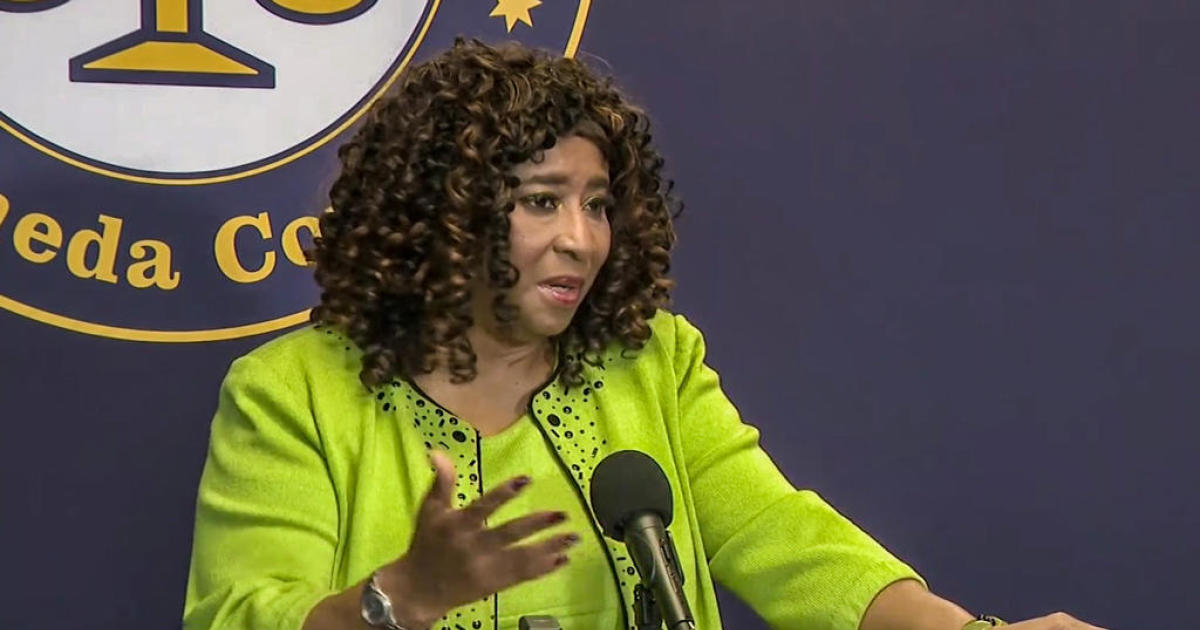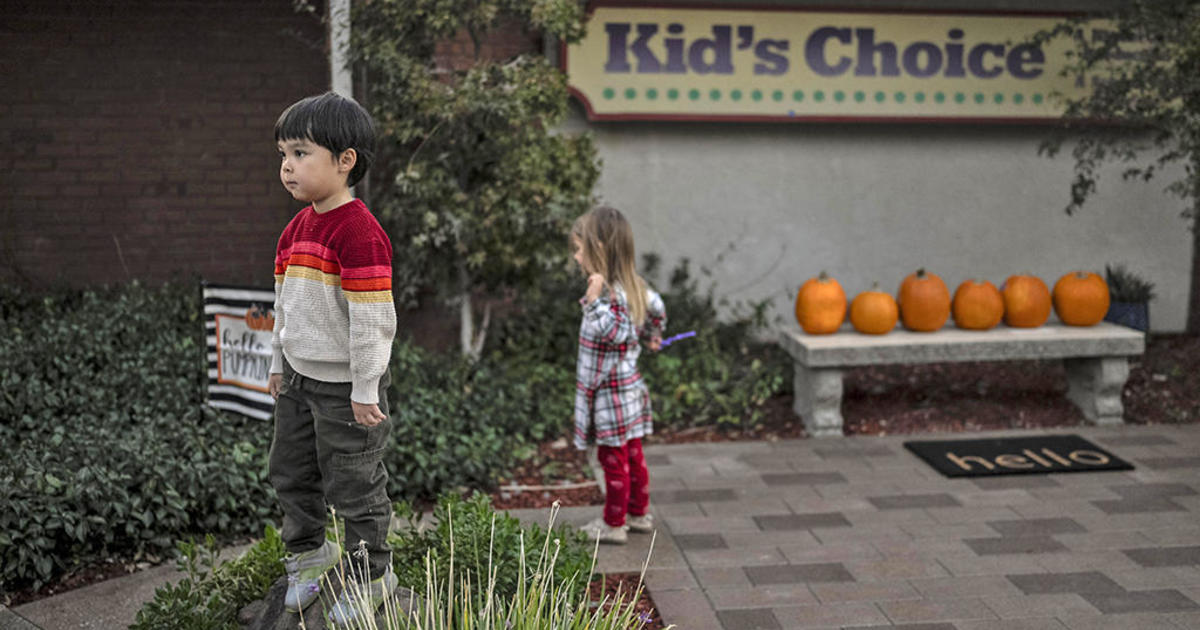Obama Vows Job Creation In State Of Union Speech Embraced By Calif. Delegation
WASHINGTON, D.C. (CBS / AP) — President Barack Obama declared the nation is unquestionably stronger Tuesday evening in in his first State of the Union address since winning re-election, though he conceded America's economic revival is an "unfinished task."
He challenged a deeply divided Congress to compromise in the country's interest and embrace his plans to use government money in ways to boost job creation and strengthen the middle class - a move that drew support from members of California's largely Democratic Congressional delegation.
"We have cleared away the rubble of crisis, and we can say with renewed confidence that the state of our union is strong," Obama said, speaking before a joint session of Congress and a television audience of millions.
» RELATED VIDEO: State Of Union, Pt. 1 | SOTU Pt. 2 | SOTU Pt. 3 | GOP Response
In specific proposals for his second term, an assertive and politically-emboldened Obama called for increased federal spending to fix the nation's roads and bridges, the first increase in the minimum wage in six years and expansion of early education to every American 4-year-old.
"Our No. 1 priority must be keeping our economy growing, and President Obama laid out a bold roadmap for doing just that," reacted U.S. Sen. Barbara Boxer (D-Calif.). "We should also heed the President's call to invest in a job-creating infrastructure plan, raise the minimum wage, and train our workers for new manufacturing and clean energy jobs."
Added Oakland Democratic Congresswoman Barbara Lee: "Tonight the President made a powerful case for Congress to finally act to create jobs and grow our economy. Part of this effort must be lifting millions out of poverty and into the middle class. Erasing the scourge of poverty in our nation is an economic and moral imperative."
Obama also announced new steps to reduce the U.S. military footprint abroad, with 34,000 American troops withdrawing from Afghanistan within a year. And he had a sharp rebuke for North Korea, which launched a nuclear test just hours before his remarks, saying, "Provocations of the sort we saw last night will only isolate them further."
Despite the pressing foreign policy concerns, jobs and growth dominated Obama's prime-time address, underscoring the degree to which the economy remains a vulnerability for the president and could disrupt his plans for pursuing a broader agenda, including immigration overhaul, stricter gun laws and climate change legislation.
In a speech centered squarely on jump-starting the economy, Obama sought support from Republicans by asserting that his proposals would not increase the deficit "by a single dime." But with unemployment persistently high and consumer confidence falling, he pressed a case for a significant government role in reigniting economic growth.
"The American people don't expect government to solve every problem; they don't expect those of us in this chamber to agree on every issue," he said. "But they do expect us to put the nation's interests before party. They do expect us to forge reasonable compromise where we can."
"It is our unfinished task to restore the basic bargain that built this country -- the idea that if you work hard and meet your responsibilities, you can get ahead, no matter where you come from, what you look like, or who you love," Obama continued.
Florida's U.S. Sen. Marco Rubio, a rising Republican star, sought to draw a contrast with Obama in his GOP response, saying economic opportunity "isn't bestowed on us from Washington."
"It comes from a vibrant free economy where people can risk their own money to open a business. And when they succeed, they hire more people, who in turn invest or spend the money they make, helping others start a business and create jobs," Rubio said.
The president's address marked the most specific outline of his second-term agenda since winning re-election, and included proposals for increased spending on manufacturing, infrastructure and education. His focus on jobs and growth underscored the degree to which he is still hampered by the economy, even as he pursues a bolder agenda including overhauling the nation's immigration laws, enacting stricter gun-control measures and tackling climate change.
Obama's proposals, many of which are repackaged versions of initiatives that stalled in his first term, face an uncertain future on Capitol Hill, where Republicans retain control of the U.S. House. The GOP is most ardently opposed to Obama's calls for legislating more tax revenue to reduce the deficit and offset broad automatic spending cuts -- known as the sequester -- that are to take effect March 1.
The president was uncompromising in call for bringing down the deficit through a combination of tax increases and targeted spending cuts, though he has offered few specifics on either. He did reiterate his willingness to tackle entitlement changes, particularly on Medicare, though he has ruled out increasing the eligibility age for the popular benefit program for seniors.
Despite the challenges, Obama said it is economic growth that serves as his "North Star." He challenged a Congress often stalled by partisan bickering to focus on three key principles: attracting more jobs to the U.S., equipping Americans with the skills to compete for the positions and making sure hard work leads to a decent living.
"It is our generation's task, then, to reignite the true engine of America's economic growth -- a rising, thriving middle class," Obama said.
Seeking to increase wages for 15 million Americans, Obama called for raising the federal minimum wage from $7.25 to $9 by 2015. The minimum wage has been stagnant since 2007, and administration officials said the increase would strengthen purchasing power.
The president also wants Congress to approve automatic increases in the wage to keep pace with inflation. Republican presidential candidate Mitt Romney backed a similar proposal during last year's campaign.
Obama also renewed his calls for infrastructure spending, investments he sought repeatedly during his first term with little support from Republicans. He pressed lawmakers to approve a $50 billion "fix it first" program that would address the most urgent infrastructure needs.
Education also figures in Obama's plans to boost American competitiveness in the global economy. Under his proposal, the federal government would help states provide pre-school for all 4-year-olds. Officials did not provide a cost for the pre-school programs but said the government would provide financial incentives to help states.
Tuesday night's address marked Obama's most expansive remarks on the economy since the November election. Since securing a second term, the president has focused more heavily on new domestic policy proposals, including immigration changes and preventing gun violence following the horrific shooting of school children in Newtown, Connecticut.
The president largely reiterated those proposals, but offered no new specifics. But on gun violence in particular, some of the atmospherics of the annual address were aimed at pressuring reluctant lawmakers to back Obama's calls for universal background checks for gun purchasers and bans on assault weapons and high-capacity ammunition magazines.
First lady Michelle Obama sat with the parents of a Chicago teenager shot and killed just days after she performed at the president's inauguration. More than two dozen lawmakers invited gun violence victims and their families to attend the speech as their guests.
Obama also called on Congress to tackle the threat of climate change, another issue that eluded him in his first term. The president pledged to work with lawmakers to seek bipartisan solutions but said if Capitol Hill doesn't act, he'll order his Cabinet to seek steps he can take using his presidential powers.
(Copyright 2013 CBS San Francisco. All rights reserved.)



